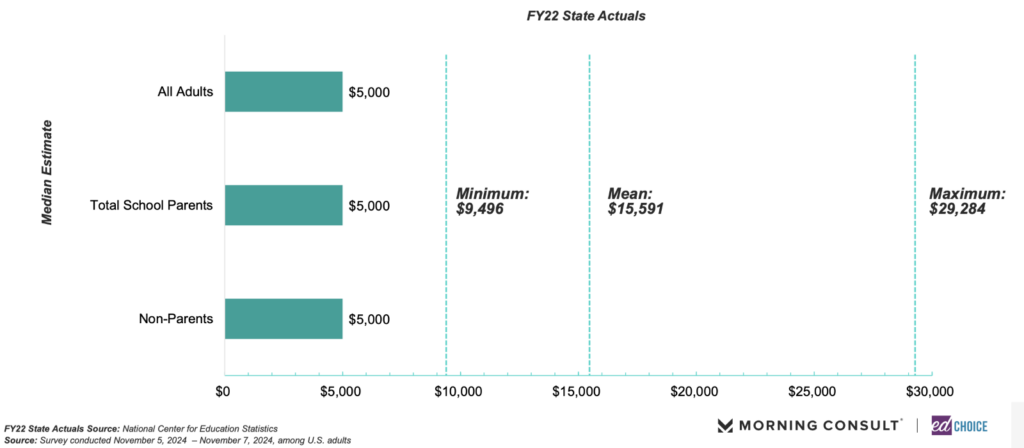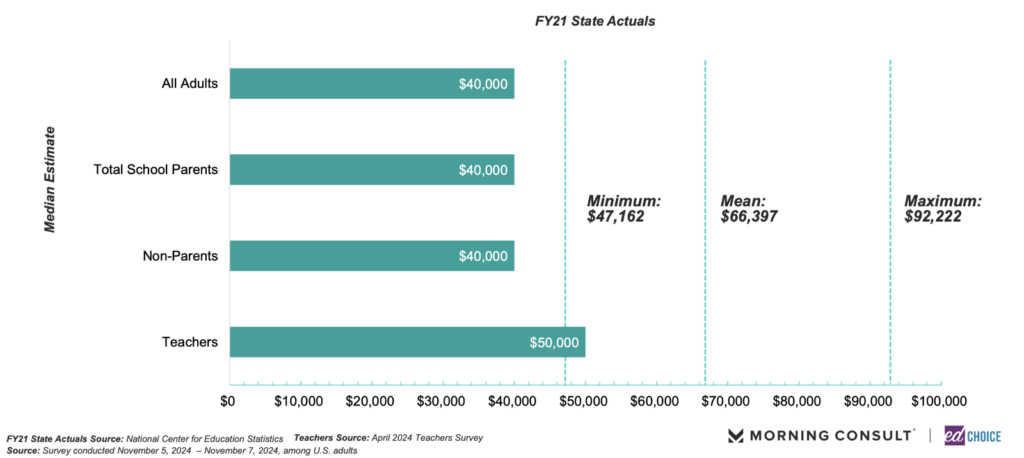Jillian Schneider | December 16, 2024
(The Lion) — As lawmakers in many states gear up for new legislative sessions in January, polling once again found strong support for school choice measures among American voters.
On Thursday, yes. every kid. released a new survey of 1,000 voters and school parents who broadly agreed about the need for more flexibility and parental rights in education.
Among the findings:
- 54% of respondents believe the current K-12 system is too inflexible;
- 62% agree that more family control would benefit all students;
- 63% support universal access to public schools;
- 68% support open enrollment policies;
- 60% support education tax credits;
- 63% support education savings accounts (ESAs), a popular form of school choice;
- And 71% of the respondents who support ESAs also believe they should be universal and not limited by income or other factors.
“This year’s results reinforce a powerful truth: Americans’ commitment to educational choice, flexibility, and customization isn’t a passing trend but a steadfast conviction,” said Matt Frendewey, vice president of strategy at yes. every kid.
“This report is a testament to Americans’ firm support for policies that prioritize each child’s unique needs, allowing families to shape their educational paths. These are enduring values, transcending politics and grounded in a commitment to a brighter future for every student.”
But school choice isn’t the only education issue families are facing.
A second poll, conducted by EdChoice and Morning Consult in November, surveyed over 2,200 Americans on a variety of topics.
One finding shows how wildly people underestimate the cost of public education.
For example, the average American estimates only $5,000 is spent per-pupil, while the actual average is more than three times that, $15,000. Nationwide, per-pupil public education costs range from $9,000 to $29,000.

They also underestimate the average teacher salary, which ranges from $47,000 to $92,000.

When it comes to school quality, parents rarely make judgments based on test scores.
EdChoice found parents are more likely to weigh their student’s success by communicating with their child (50%) and/or teachers (49%), rather than with grades (37%) or standardized test scores (22%).
At the end of the day, voters had little enthusiasm for traditional public education.
Public school parents are three times more likely to be somewhat or very dissatisfied with their child’s education, while almost all private school parents (95%) are somewhat or very satisfied with their chosen school.
And when given any option, relatively few parents would voluntarily choose to send their child to a traditional public school.
Currently, about 83% of K-12 students in America attend a government-run public school. But the survey suggests that if it were up to parents, only 41% would choose a traditional public school.
Most others would prefer a private (32%), charter (10%), home (12%) or other (6%) model of education for their children.
And like yes. every kid., EdChoice also found widespread support for school choice, including ESAs (65%), school vouchers (60%), charter schools (59%) and open enrollment (65%).
Additionally, 70% of school parents agreed ESAs should be available to all students regardless of income or special needs.
This article was made available to EdNews Virginia via The Lion, a publication of the Herzog Foundation.
